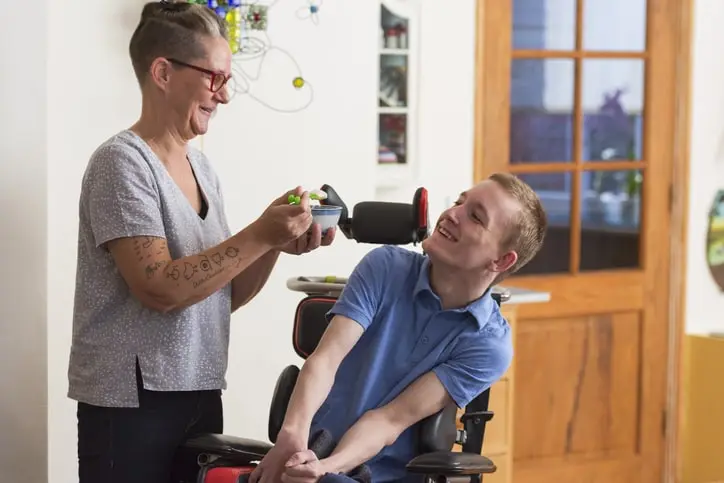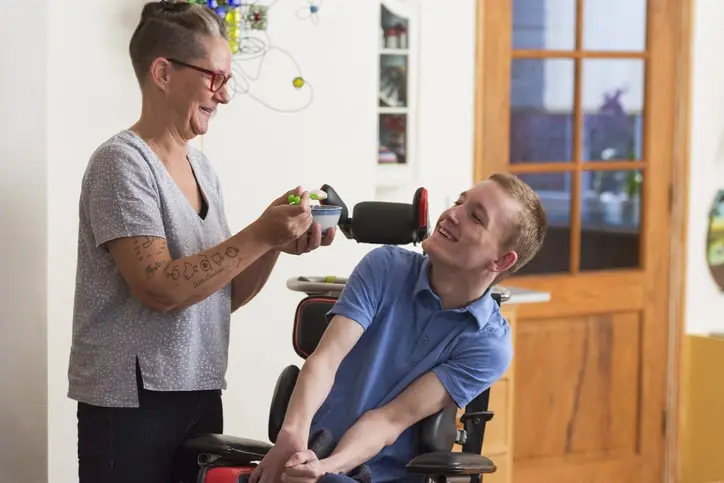NDIS Supporting Evidence
When you’re applying for access to the NDIS, you may have to provide evidence of your disability. This evidence helps the NDIA to assess your eligibility. It can take several different forms including letters from your GP, assessments or reports from allied health professionals and letters from your support providers, carers or family. Providing this evidence can seem like a daunting process, but we’ve pulled together some information that can help to make it smoother.
What is good supporting evidence?
The supporting evidence you provide to the NDIA is what they use to decide on your eligibility so it’s important to make sure you provide the best evidence you can. So, what does the NDIA consider good evidence?
Good evidence is:
-
- Recent
- Confirms your primary disability
- Confirms how your disability impacts on Various areas of your life
- Includes and describes any previous treatments and the results of those treatments
- Includes and describes any future Treatments and the expected results of such treatments
- Is completed by a treating health rofessional relevant to your primary disability

Tailored NDIS Support
Independence Australia is committed to providing an extensive array of NDIS support services specifically tailored to fit the distinctive requirements of our NDIS participants. Explore our offerings and learn how we can assist you on your NDIS journey, propelling you towards your objectives.

Tailored NDIS Support
Independence Australia is committed to providing an extensive array of NDIS support services specifically tailored to fit the distinctive requirements of our NDIS participants. Explore our offerings and learn how we can assist you on your NDIS journey, propelling you towards your objectives.
Who can provide evidence?
As mentioned above, evidence can take many forms. In terms of health care professionals, some examples include:
-
- GP
- Occupational therapist
- Speech pathologist
- Physiotherapist
- Psychologist
- Orthopaedic surgeon
This is not an exhaustive list. The NDIS provides a list of evidence by disability that can help you to determine who is the best healthcare professional to provide your supporting evidence.
Depending on your disability, a GP can provide a letter detailing your diagnosis, the impact your disability has on your life and the supports you need. Reports from therapists can include the impact your disability on your day to day life and recommendations for supports. Assessments are generally conducted by occupational therapist, speech pathologists or psychologists.
The health professional who provides you with supporting evidence can do so in several ways.
They can:
-
- Complete the NDIS Supporting Evidence form
- Complete the NDIS Evidence of Psychosocial Disability form
- Part F of the Access Request form
- By providing existing assessments and reports or letters that demonstrate the ways your disability impacts your life
Other supporting evidence
Evidence can also come from letters or reports from support providers, carers or family. While there are no formal guidelines for what these letters or reports look like, some examples of what they could cover include:
-
- The kind of care and support provided by family
- The impact that care has on family
- Whether that family member can continue to provide care
- Other forms of evidence can include home modification assessments, mental health reports, and medication charts.
Tips and advice
The more information you can provide the better. If you need some additional help in preparing your evidence, speak to you Local Area Coordinator or LAC or your Early Childhood Partner. The NDIS provides a handy tool that lists types of disability and the best supporting evidence to use by type of disability.
Some useful links for preparing your supporting evidence include:
- The World Health Organisation’s Disability Assessment Schedule
- The Australian Mental Health Outcomes and Classification Network’s Life Skills Profile
- And the Australian Mental Health Outcomes and Classification Network’s Living in the Community Questionnaire
- The Camberwell Assessment of Need or CAN
